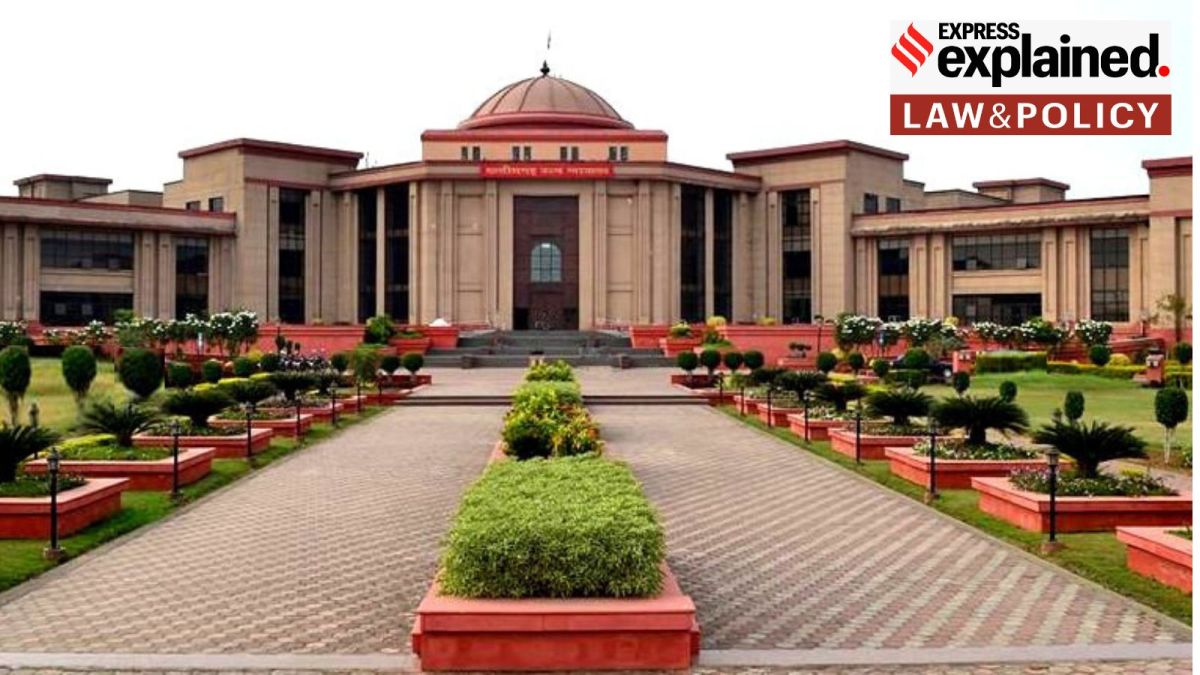How Chhattisgarh HC extending marital rape exemption to Section 377 removes all recourse for women
The HC ruling echoes the same concerns that legal experts had when the the new BNS omitted Section 377 in its entirety

The Chhattisgarh High Court in a key ruling said the marital rape immunity in law also extended to Section 377 of the Indian Penal Code (IPC) that criminalised “unnatural sex”.
Section 375, which criminalises rape, states that the provision does not extend to “sexual intercourse or sexual acts by a man with his own wife,” when the wife has attained the age of majority (18 years old). However, Section 377, which outlaws “carnal intercourse against the order of nature with any man, woman or animal”, does not contain this exception as it was originally drafted to criminalise homosexuality.
IPC Section 377, now omitted in the Bharatiya Nyaya Sanhita (BNS), is often the only legal recourse for married women in cases of non-consensual sex in a marriage. The HC ruling effectively takes away that recourse, echoing the same concerns that legal experts had when the BNS omitted the provision entirely.
What is the Chhattisgarh HC ruling?
In its ruling, the HC pointed out that Section 375 of the IPC contained the marital rape exception under which a man could not be prosecuted for non-consensual sex with his wife who had attained the age of majority. It also observed that an amendment was enacted in 2013 to expand the definition of rape but the exception was retained in the section. The court said that it was a “well-settled principle of law” that if two provisions were inconsistent “then the two cannot stand together and earlier is abrogated by the latter”.
Notably, the marital rape exception is currently under challenge before the Supreme Court, and the Centre has filed an affidavit in favour of retaining the provision.
Regarding Section 377, the HC relied on the SC’s 2018 judgment which had decriminalised homosexuality. The apex court’s ruling had only “read down” this provision, and not entirely struck it down. Therefore, Section 377 remains on the books, continuing to punish non-consensual “unnatural offences”. An unnatural offence against the “order of nature” is understood to include sexual acts that do not lead to procreation, covering, for example, bestiality.
The HC said following the 2018 ruling, if an unnatural offence is committed between consenting partners “Section 377 IPC is not made out”. The court, thus, held that “sexual intercourse or sexual acts by a man with his wife is not a rape and therefore if any unnatural sex as defined under Section 377 is committed by the husband with his wife, then it can also not be treated to be an offence.”
Given the marital rape exception, over the years, women have invoked Section 377 for non-consensual sex along with provisions of domestic violence etc. Section 377 carries a sentence of up to ten years in jail. Even if it did not lead to conviction, the provision was invoked as a starting point to initiate prosecution and leverage some protection under the law.
Why is Section 377’s omission from BNS an issue?
There is no equivalent for Section 377 in the BNS. Numerous experts have argued that this is an issue as the deletion of the law leaves men and LGBTQIA+ individuals without meaningful protection against sexual offences.
In November 2023, a Parliamentary Standing Committee tasked with recommending changes to the BNS (before it was enacted) said in its report that Section 377 remained applicable “in cases of non-consensual carnal intercourse with adults”. By deleting it from the BNS, it noted that “no provision for non-consensual sexual offence against male, female, transgender and for bestiality has been made”.
These concerns were raised because sexual offences under the BNS fall under the chapter titled “Of Offences Against Woman And Child” and, from the text of the provisions, only envisions men as the perpetrators and women as victims for offences such as rape, sexual harassment, and stalking. It does not consider the possibility of men or LGBTQIA+ persons (who do not identify as women) being the victims of such crimes.
The Transgender Persons (Protection of Rights) Act, 2019 broadly punishes those who commit “harms or injuries or endangers the life, safety, health or well-being, whether mental or physical, of a transgender person”. However, it only provides a maximum punishment of two years imprisonment, placing it on a lower pedestal compared to other serious sexual offences.
In 2024, Advocate Gantavya Gulati filed a PIL at the Delhi HC seeking the revival of Section 377. In August 2024, the Delhi HC directed the Centre to treat the plea as a representation and decide it “as expeditiously as possible, preferably in six months”.
However, the SC dismissed a similar plea in October 2024, ruling that “This Court cannot…direct that a particular act constitutes an offence. Such an exercise falls under Parliamentary domain”.